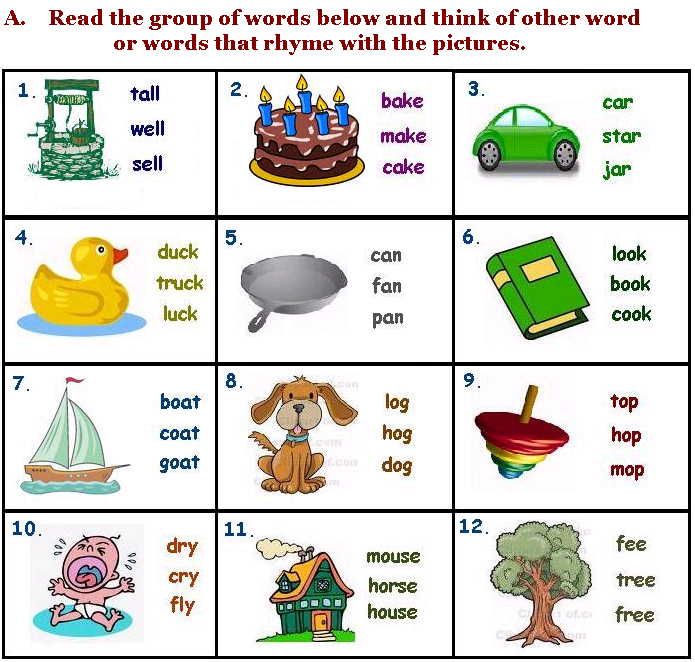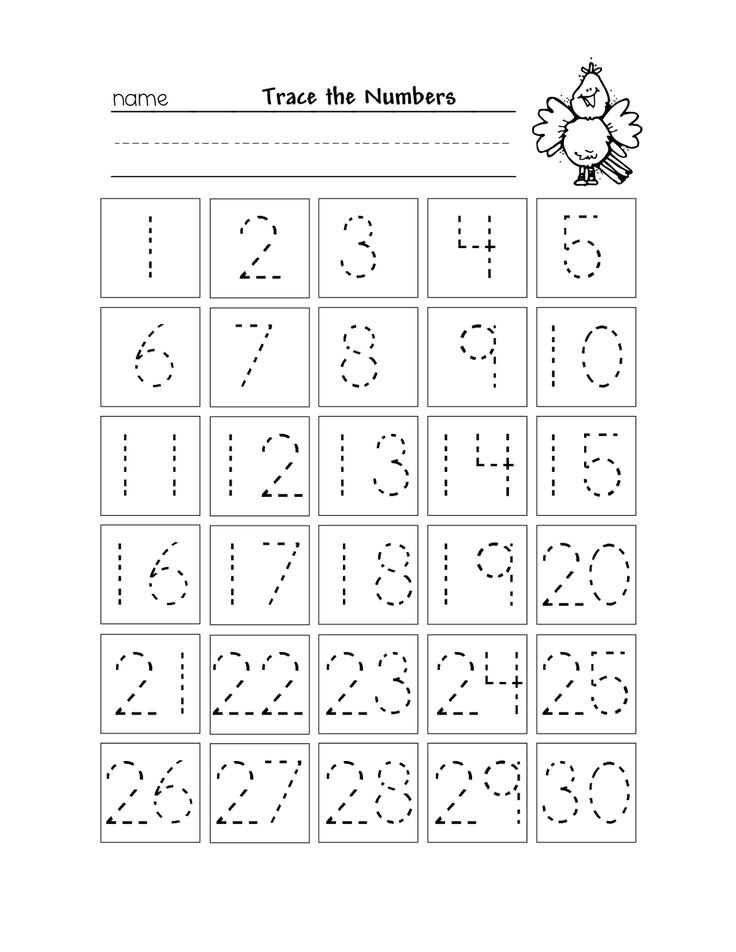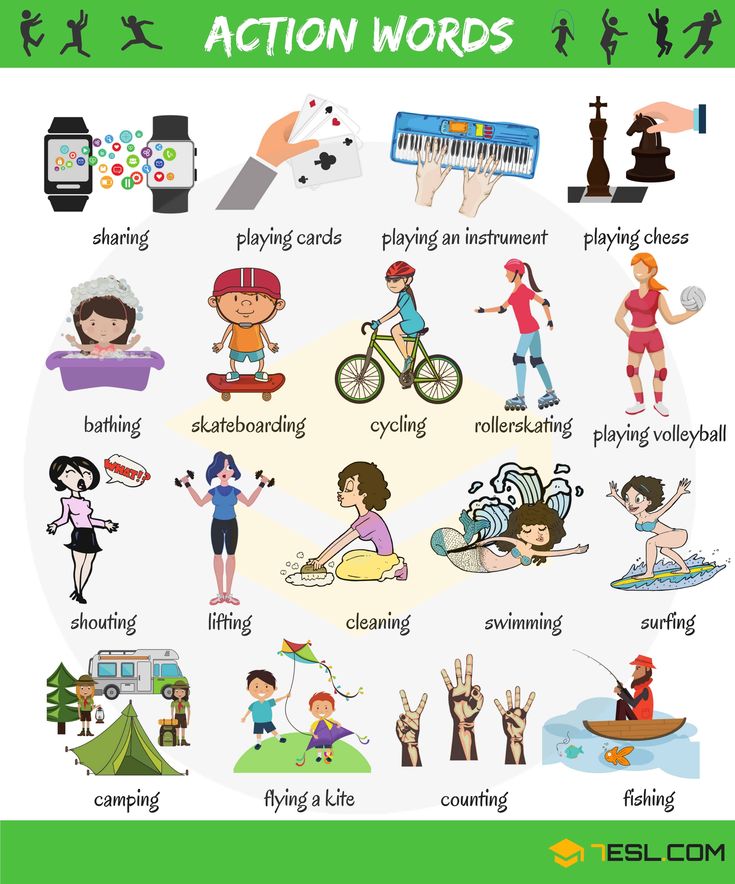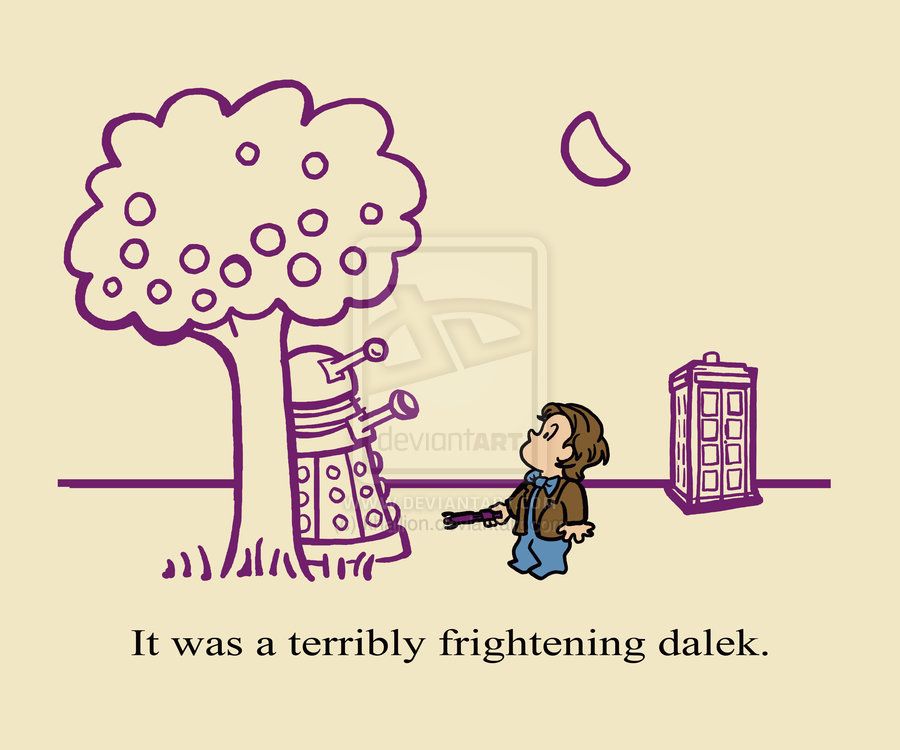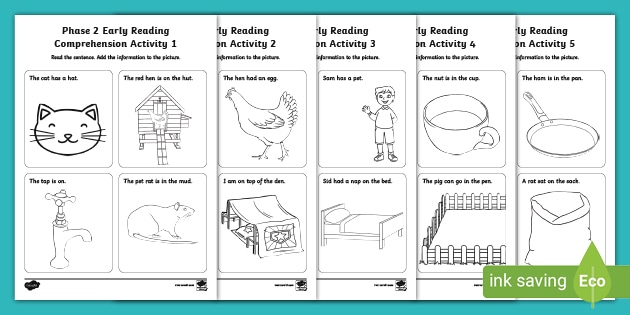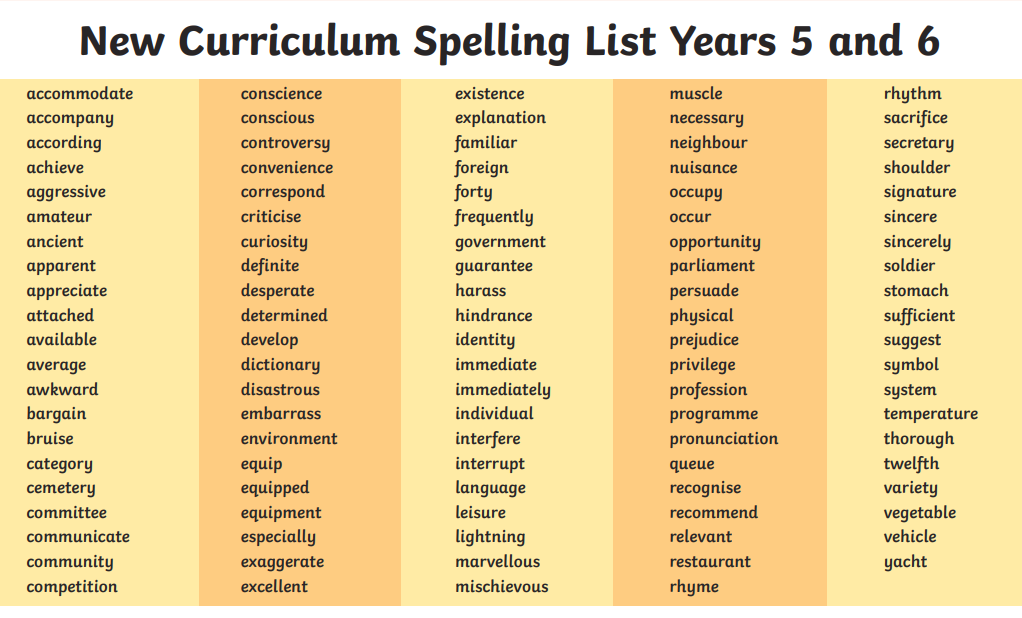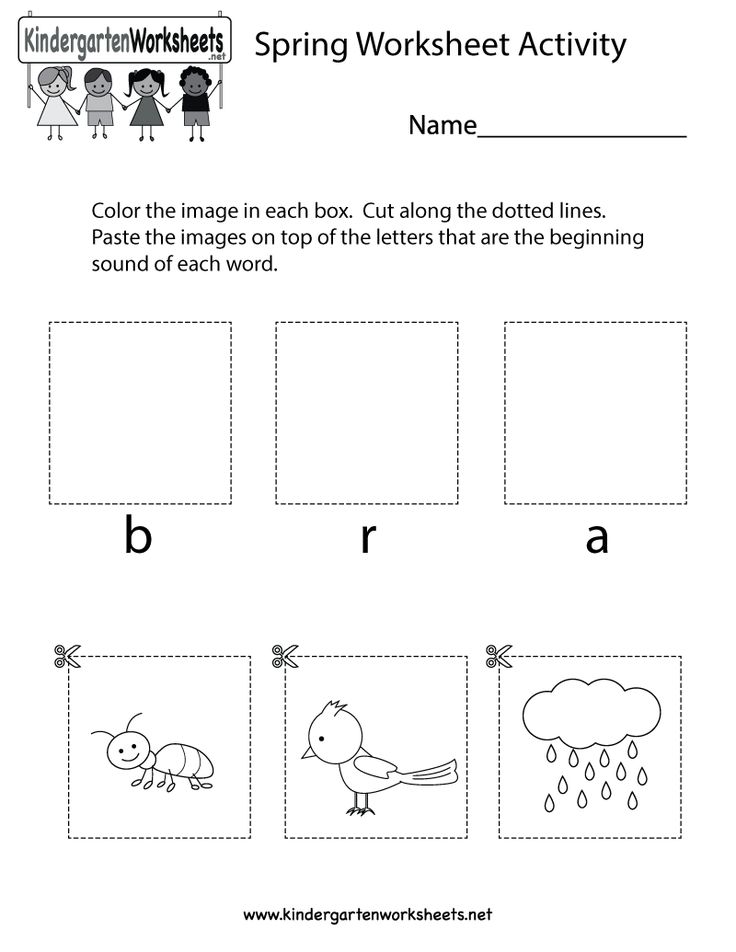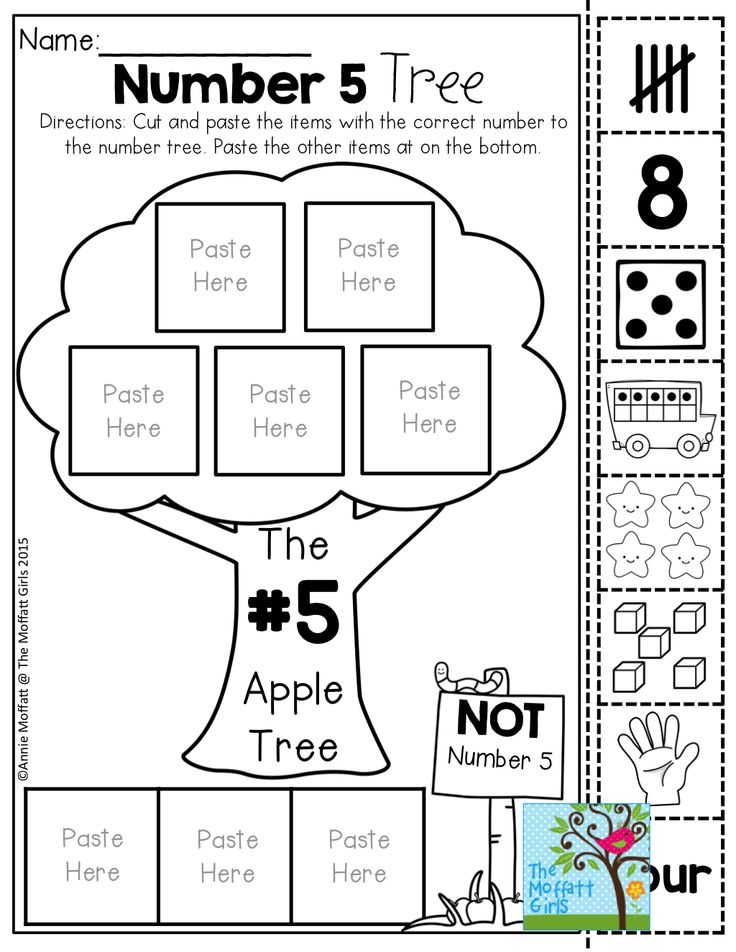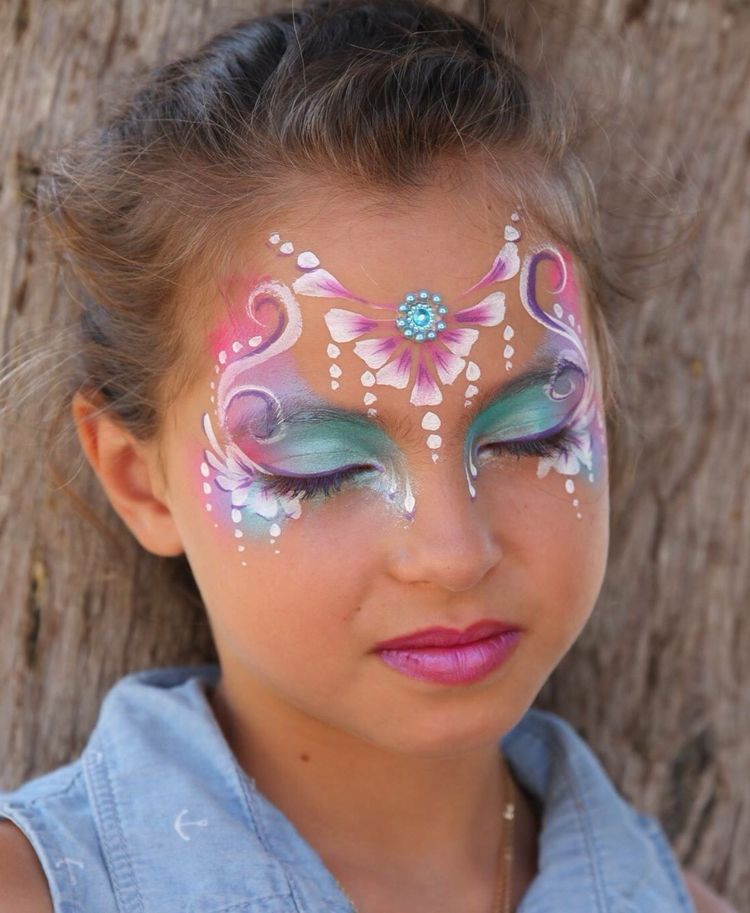List of action verbs for students
300+ Common Verbs with Pictures
Pin
List of different types of verbs for kids in English. Learn these frequently used verbs with verbs pictures to improve and enhance your vocabulary in English. When it comes to learning a new language, it can be difficult to remember all the words and phrases, however one of the best ways to learn is through your visual memory. In this section, you are going to be able to memorise the English verbs a lot more easily by looking at pictures related to them. This is a proven way to improve recall and means that you will learn much more quickly and easily.
Knowing the English verbs will help you to create sentences, because all sentence have at least one verb. Can you see any verbs in this introduction?
Learn more with an extensive list of verbs in English through pictures and examples…
Table of Contents
Common Verbs for Kids
Action Verbs for Kids
Action Verbs Vocabulary
- Ride
- Sit down
- Stand up
- Fight
- Laugh
- Read
- Play
- Listen
- Cry
- Think
- Sing
- Watch TV
- Dance
- Turn on
- Turn off
- Win
- Fly
- Cut
- Throw away
- Sleep
- Close
- Open
- Write
- Give
- Jump
- Eat
- Drink
- Cook
- Wash
- Wait
- Climb
- Talk
- Crawl
- Dream
- Dig
- Clap
- Knit
- Sew
- Smell
- Kiss
- Hug
- Snore
- Bathe
- Bow
- Paint
- Dive
- Ski
- Stack
- Buy
- Shake
Action Verbs | Image
Pin
Common action Words in English with pictures.
Pin
Verbs of Body Movement
Body Movement Verbs List
- Bend
- Lift
- Carry
- Kneel
- Hold
- Sit
- Drag
- Jump
- Leap
- Pick up
- Punch
- Pull
- Dive
- Push
- Run
- Lean
- Squat
- Throw
- Tiptoe
- Walk
- Hit
- Catch
- Kick
- Kiss
- Clap
- Laugh
- Dance
- Break
- Stand
- Jog
- March
- Wave
- Talk
- Open
- Cartwheel
- Put down
- Stretch
- Drop
- Point
- Slip
- Trip
- Look
- Cry
- Lie down
- Pour
- Crawl
Verbs of Body Movement | Verbs Images
Pin
Cooking Verbs for Kids
Cooking Verbs Vocabulary
- Break
- Melt
- Spread
- Layer
- Roll out
- Fry
- Peel
- Mix
- Whip
- Saute
- Taste
- Cut
- Chop
- Slice
- Grate
- Boil
- Steam
- Pinch
- Pour
- Add
- Barbecue
- Roast
- Bake
- Stir
- Weigh
Cooking Verbs for Kids | Image
Pin
Daily Routines and Activities
Learn how to describe your daily routines in English.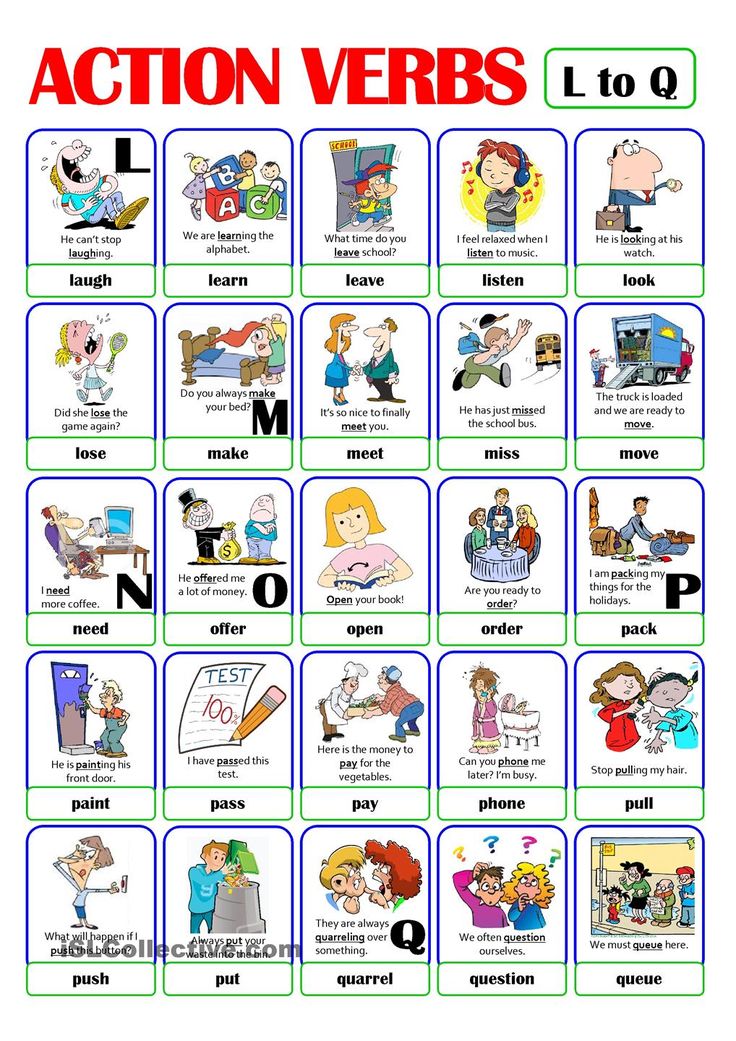
Daily Routines and Activities Vocabulary
- Do the laundry
- Hang the clothes
- Iron the clothes
- Make the bed
- Go to bed
- Wake up
- Brush the teeth
- Drive to work
- Get home
- Take a bath
- Brush your hair
- Surf the net
- Play with friends
- Go to school
- Go shopping
- Exercise
- Wash the car
- Get dressed
- Go out with a friend
- Take pictures
- Play the guitar
- Water the plant
- Go for a walk
- Work
- Have breakfast
- Have lunch
- Have dinner
- Make dinner
- Fold the laundry
- Surf the net
- Feed the dog
- Take a taxi
- Wait for the bus
- Paint the picture
- Have a break (U.K) – Take a break (U.S)
- Walk the dog
- Take out the rubbish (U.S)
- Sweep the floor
- Rake the leaves
- Read the news
- Clean the window
- Cut the grass
- Do the dishes
- Paint the house
Daily Routines and Activities | Image
Pin
Classroom Verbs for Kids
Classroom Verbs Vocabulary
- Teach
- Think
- Spell
- Give
- Study
- Read
- Cut
- Experiment
- Observe
- Listen
- Play
- Sing
- Say
- Draw
- Count
- Calculate
- Open
- Close
- Paint
- Show
- Explain
- Ask
Classroom Verbs Pictures
Pin
Housework and Repair Verbs
Household Chores List
- Fold
- Iron
- Hang
- Dry
- Make (the bed)
- Change (the sheets)
- Vacuum
- Take out (the rubbish/ garbage)
- Wipe off (the table)
- Scrub
- Repair
- Tighten
- Nail
- Drill
Housework and Repair Verbs | Image
Pin
Restaurant Verbs for Kids
Restaurant Verbs Vocabulary
- Give – The waiter gives me the menu.
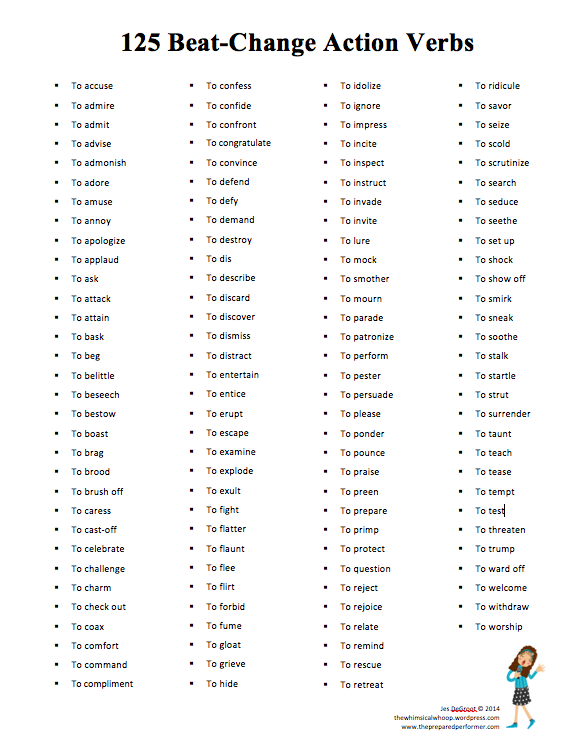
- Drink – Can I have something to drink?
- Serve – They serve good nosh in the cafeteria.
- Pay – Can I pay by installment payment?
- Eat – You can’t eat your cake and have it.
- Cook – The pizza will then take about twenty minutes to cook.
- Hold – Hold the knife at an angle.
- Light – Better to light one candle than to curse the darkness.
- Order – What do you suggest I order?
- Spread – He spread some strawberry jam on his toast.
- Lift – He couldn’t lift the table and no more could I.
- Write – Write it down on a piece of paper.
- Slice – It’s best to slice into a rich cake from the middle.
- Stack – They are specially packaged so that they stack easily.
- Set (the table) – He is setting the table…
Restaurant Verbs Images
Pin
Sport and Exercise Actions
Sport and Exercise Verbs Vocabulary
- Walk – Don’t try to walk before you can crawl.

- Run – Do not run too fast after gain.
- Stretch – Breathe in through your nose as you stretch up.
- Jump – Can you jump over the river?
- Bounce – Bounce the ball and try and hit it over the net.
- Serve – Serving is arguably the most important aspect of the game, as it is the one shot which has to be in every single rally.
- Lie down – For this exercise, it is best to lie down, or sit with both feet on the floor.
- Sit – Sit on the floor, stretching your legs out in front of you.
- Bend – Lie flat and let your knees bend.
- Kneel – Do not run, stand, kneel or spin in the slide.
- Ride – Life is a horse, and either you ride it or it rides you.
- Kick – The kids love to kick a ball against my wall.
- Hop – I tried to hop on my good foot while holding onto Jim…
Sport and Exercise Verbs Images
Pin
Categories Visual VocabularyPrintable List of Key Verbs
Teaching simple action words for preschool through elementary grades is useful because they lay the groundwork for other important lessons in the future. By the second grade, kids will be working with different parts of speech. Instilling the idea that "action words" are a class of words by themselves will make learning action verbs easier. Best of all, learning to read and write action words for kids can be exciting for little learners because they may already be familiar with many of the words.
simple action words for kids
Advertisement
Basic Action Words For Kids
Start with action words that describe behaviors that are already a part of young learners' lives.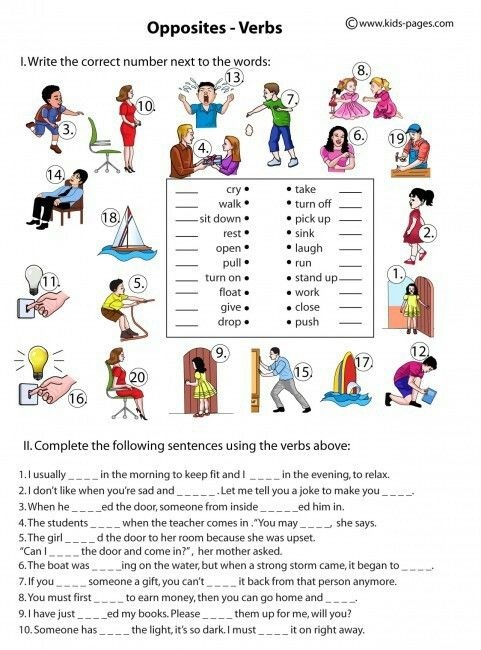 Use words for actions that they do themselves, as well as see others perform.
Use words for actions that they do themselves, as well as see others perform.
- draw
- jump
- play
- run
- write
Action Words for Feelings
Some of the best action words for kindergarten and early elementary school are words about feelings and emotions, as well as how they react to such things.
- cry
- hug
- kiss
- smile
- stomp
Daily Activity Action Words
Kids are developing daily habits and behaviors that will form the foundation of their regular routines. Teaching action words about these habits of daily living is a good way to cover terms that young learners have already experienced in context.
- carry
- eat
- work
- sleep
- wash
Sensory Action Words
Some of the words in the list are related to fields that can be worked into various learning activities and lesson plans. For example, 1st and 2nd grade students could create small science projects as they learn about the five senses and action words that go with them.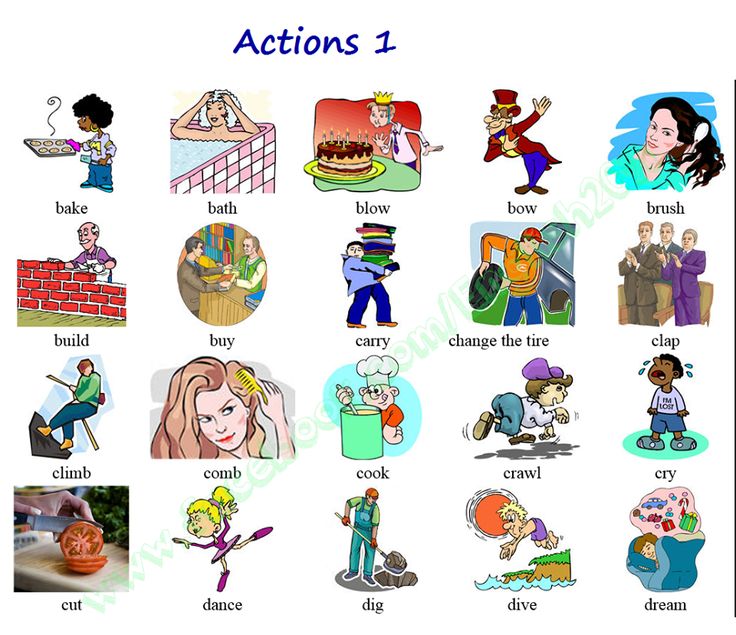
- listen
- see
- smell
- taste
- touch
Printable Action Verb List for Kids
The lists above include 20 action words for young learners, but there are certainly other words appropriate for preschool, kindergarten and early elementary students. Below, you'll find a more extensive printable list of verbs for kids. It's filled with alphabetical examples of simple action verbs for kids.
View & Download PDF
Many of the vocabulary words on the printable list above are actions that children of preschool age already read or hear about in their daily lives.
Advertisement
Simple Action Word Sentence Examples
It's a good idea to include simple sentences and/or questions in action word lessons and verb activities. This helps students clearly understand how the words will be used, which will help enhance the development of their language skills.
- I cry when I feel sad.
- I draw pictures of flowers.
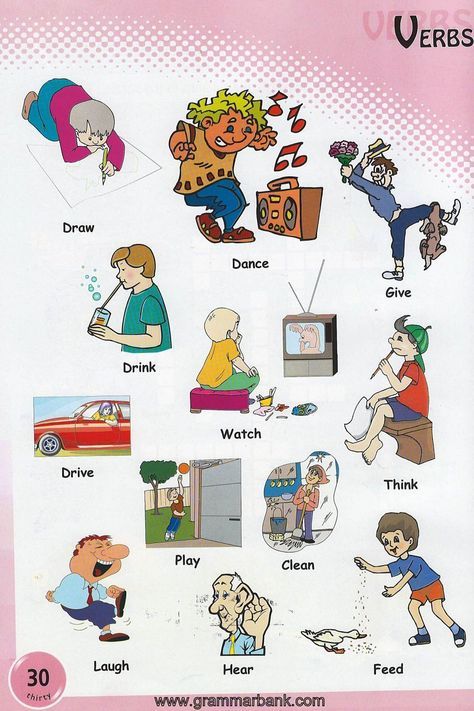
- We eat dinner at 6 p.m.
- I see that it is raining.
- I need to tell you something.
- Can I touch the toy?
- Do you want a cookie?
- They will wash their hands.
After going over sample sentences in class, get students focused on recognizing and using action words in conversation. For example, during storytime, ask them to raise their hand when an action word comes up in the story. It's also a good idea to encourage young learners to come up with their own sentences that use action words.
Teaching Simple Action Words
Of course, there's more than one way to teach any subject, and different classes need to work at different paces. However, there are a few general guidelines that'll help you prepare your action word lesson plans for kindergarten, preschool and elementary grades.
- Ask students to come to the front of the room.
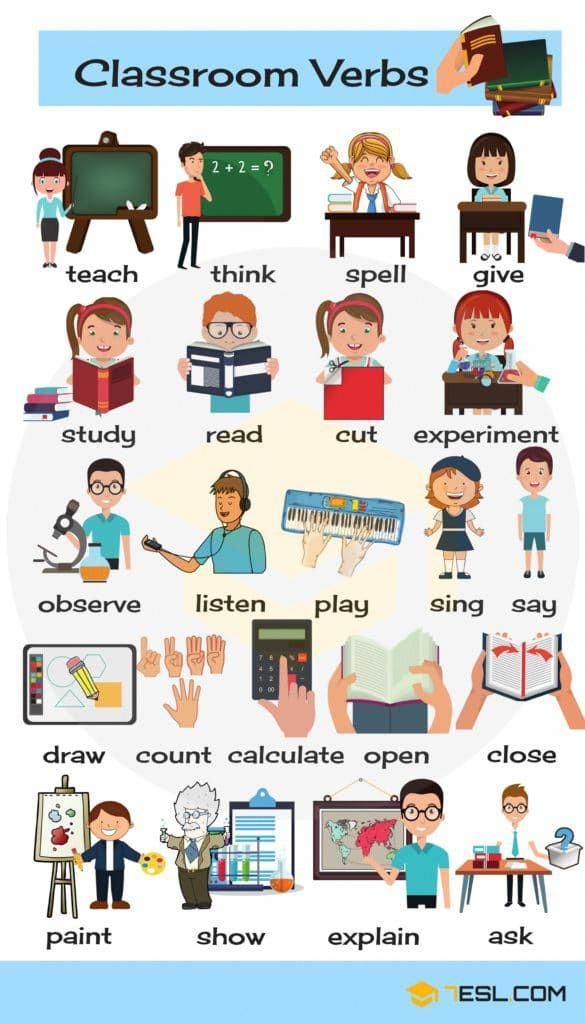 Have them actually perform the act of coloring, reading, talking, and so on. Then, ask the rest of the class what they are doing. This method is a way of introducing the concept of action words.
Have them actually perform the act of coloring, reading, talking, and so on. Then, ask the rest of the class what they are doing. This method is a way of introducing the concept of action words. - Have each student engage in an activity and then tell you what they are doing. Remind them they're using action words by telling you what they're doing.
- Use flashcards if your plan is to stimulate reading and recognition. Start with pictorial flashcards and then move on to words. Allow students to match the action with the concept before asking them to try and memorize the abstract notion of language.
- Have students draw pictures of different actions. Ask them to tell the rest of the class which actions they drew.
- Students can also engage in miniature science projects to learn about the senses. For example, they could have a "sight" station (frog vs. tadpole) and a "touch" station (starfish vs. shell). If you're experimenting with the sense of taste, make sure none of the little ones are allergic!
- As you move through the lesson, pair similar words together.
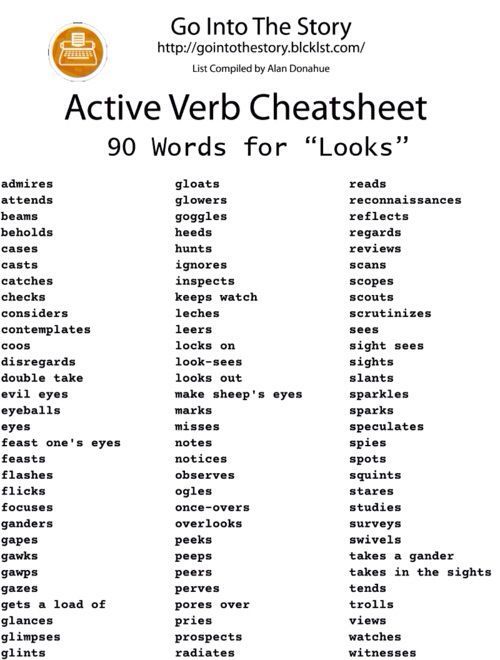 For example, try discussing "walk," "jog," and "run" together, so students understand the similarities and differences among them.
For example, try discussing "walk," "jog," and "run" together, so students understand the similarities and differences among them. - Choose some of these free printable verb worksheets for all grade levels to enhance what students are learning in class. These make great in-class activities, and can also be used as homework exercises for early elementary learners.
Once your students are comfortable with the simple action words discussed above, you can start working even more action words into your lesson plans. Get inspiration from these action verb examples.
Advertisement
Instill the Joy of Grammar
Isn't it exciting? As a pre-K, kindergarten or early elementary school teacher, you have the power to instill the joy of grammar and language learning in every student you meet! When you're ready to explore sight words, refer to any of these fun sight word game ideas for preschool through early elementary grades. You can also have some fun building a giant list of three-letter words for pre-k students and beyond.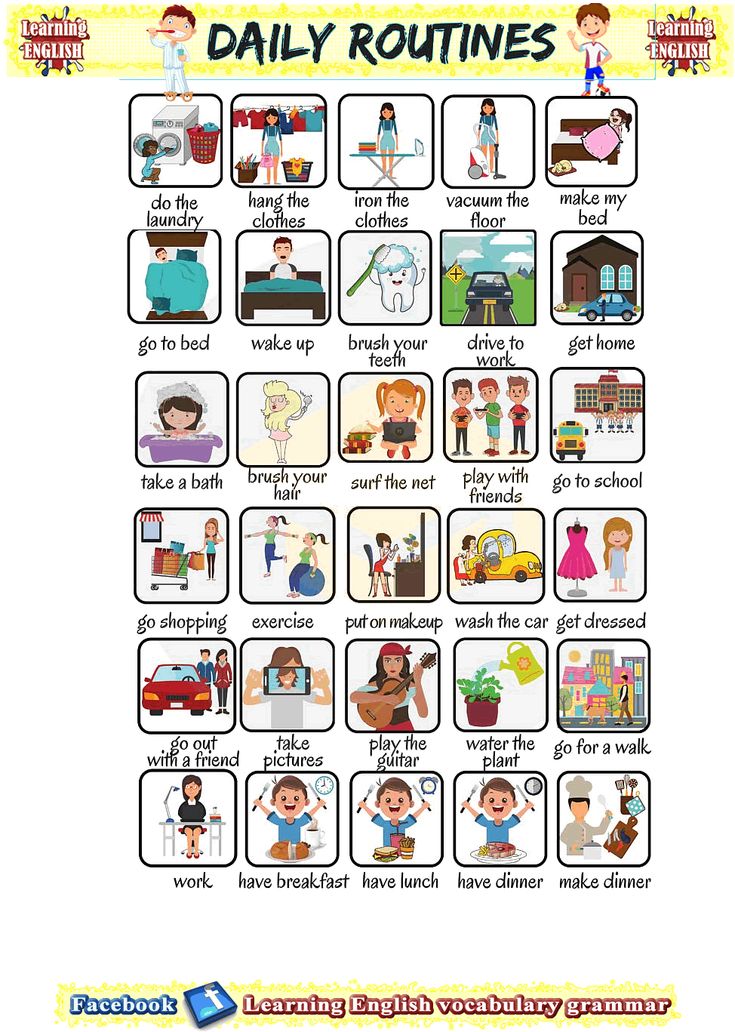 Once your students are comfortable with action words for kids, start helping them decode the difference between action and non-action words.
Once your students are comfortable with action words for kids, start helping them decode the difference between action and non-action words.
Staff Writer
55 English verbs you need to know to "survive"
This collection will be extremely useful for everyone who starts learning English on their own, and for those whose level of knowledge of the language is somewhere at the initial step. I tried to choose the most necessary English verbs. Of course, this list can and should be expanded, but that's a completely different story. Everything has its time.
My task was to prepare for you a list of English verbs for "survival" - ie. to help you understand basic English.
If you are just starting to learn English, this list will be more than ever helpful. All verbs are given in their initial form - the infinitive. Many verbs have more than one meaning, so I give only the very first one, you can look up the rest of the meanings in the dictionary if you are interested.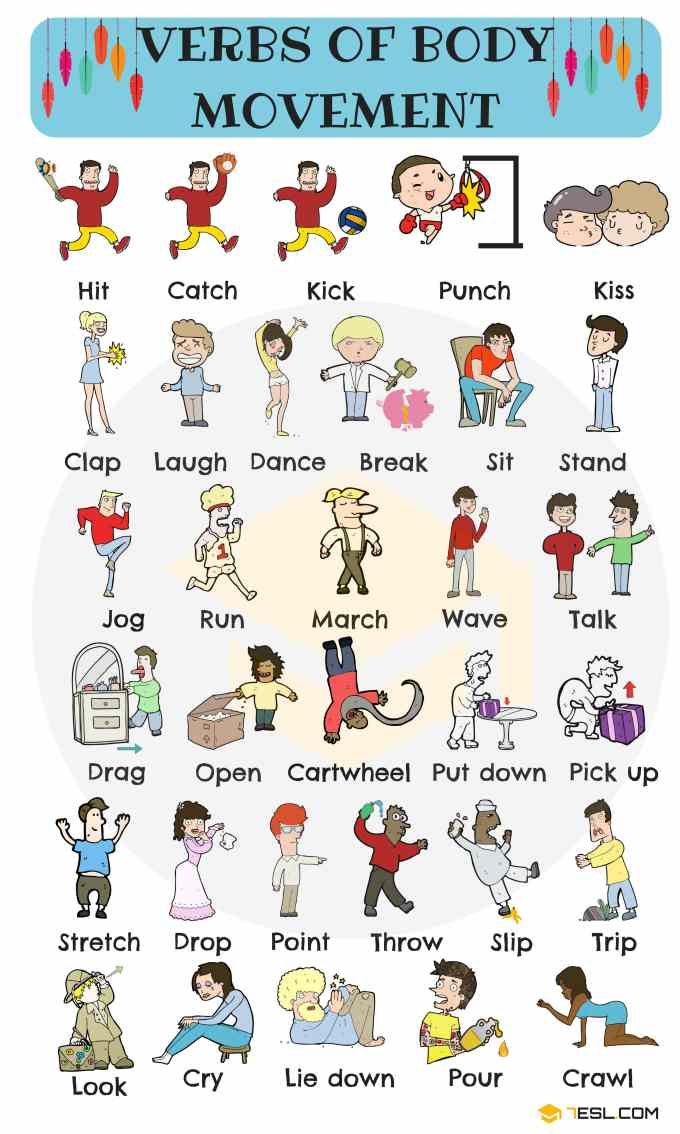
Fundamental English verbs
- Be – be
- Have - have
- Do - do
- Make - make
- Get - get
- Take - take
- Try - try
- Know - know
- Think - think
- Feel - feel
- See
- Give - give
- Bring - bring
- Buy - buy
- Cost - cost (about the price)
- Break - destroy
- Put
- Eat - eat (eat)
- Sleep - sleep
- Drink - drink
- Understand
- Write - write
- Read
- Speak
- Tell - tell
- Meet - meet
- Teach - teach
- Learn
- Send – send
Article in the topic:
How to say "I like" or "I don't like" in English in different ways
- Forget - forget
- Dream - dream
- Pay - pay
- Sell - sell
- Call - call
- Play – Play
- Drive - drive a car
- Travel - travel
- Start - start
- Stop - stop
- Need
- Use - use
- Can - to be able (to be able)
- Clean - clean
- Help - help
- Run - run
- Cook - cook food
- Open - open
- Close
- Move – move
- Sing - sing
- Swim - swim
- Dance - dance
- Work - work
Having learned these English verbs and set phrases, you will be able to understand everyday English in an elementary way, that is, you will need these basic knowledge at first.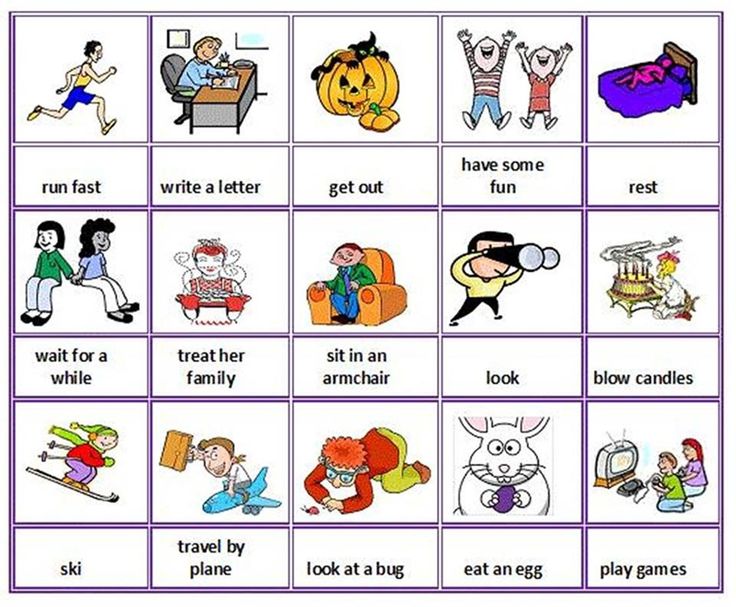 Further it is worth deepening knowledge and learning more English verbs.
Further it is worth deepening knowledge and learning more English verbs.
Article in the topic:
How to learn to write in a foreign language and learn the alphabet on your own: useful tips
Necessary set phrases
There are times when self-study of a language comes to a standstill, you simply cannot force yourself to sit down and open a book, or some material remains incomprehensible.
In this case, I advise you to contact tutors who know how to help you learn a new language, give you the right direction, explain complex material.
Learning never exhausted the mind.
Leonardo Da Vinci
By the way, if you have a question about English, feel free to write to me and I will be happy to give you an answer.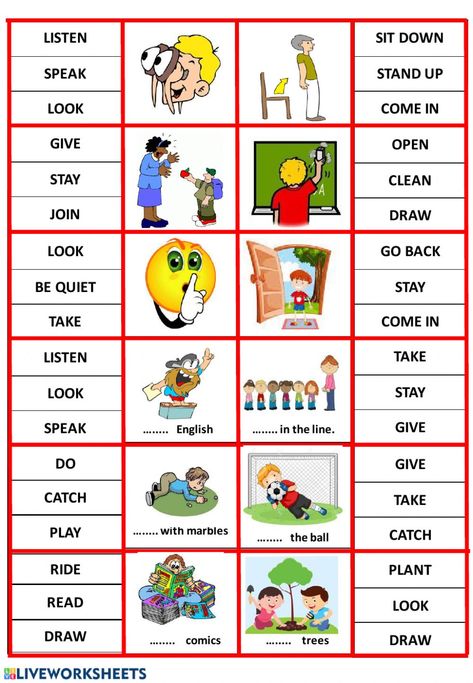
Good luck!
Stative Verbs in English (Rules and Examples)
A verb is a part of speech that describes an action or state. This definition already reflects the existence of two semantic groups of verbs. Let's take a closer look at these groups and find out which rule of English grammar is associated with them.
Difference between state verbs and action verbs
Verbs that describe action are called dynamic or Action Verbs . There are a majority of such verbs in English: to run (to run), to kick (to kick), to drink (to drink), etc. state verbs , they are also static or static. In English - State (Stative) Verbs . Stative Verbs are a group of verbs that can describe feelings, sensations, thoughts, emotions, etc. Examples of such verbs: to hate (to hate), to know (to know), to understand (to understand).
Examples of such verbs: to hate (to hate), to know (to know), to understand (to understand).
The rule of using Stative Verbs
The main grammatical feature of state verbs in English is that they are not used in Continuous tenses, unlike dynamic ones. Usually such verbs are found only in simple (Simple) tenses and occasionally - in the tenses of the Perfect group. For example, we can say I am running but not I am knowing .
Task 1
Armed with this knowledge, determine which verb is in front of you - actions or states, and select the correct tense form from the Simple or Continuous group. You will find the correct answers at the end of the article.
-
Mary (knows / is knowing) that Peter is lying to her.
-
Did you pick all the olives out of your pizza, (are you hating / do you hate) them?
-
This water (is tasting / tastes) weird, I (doubt / am doubting) we should drink it.
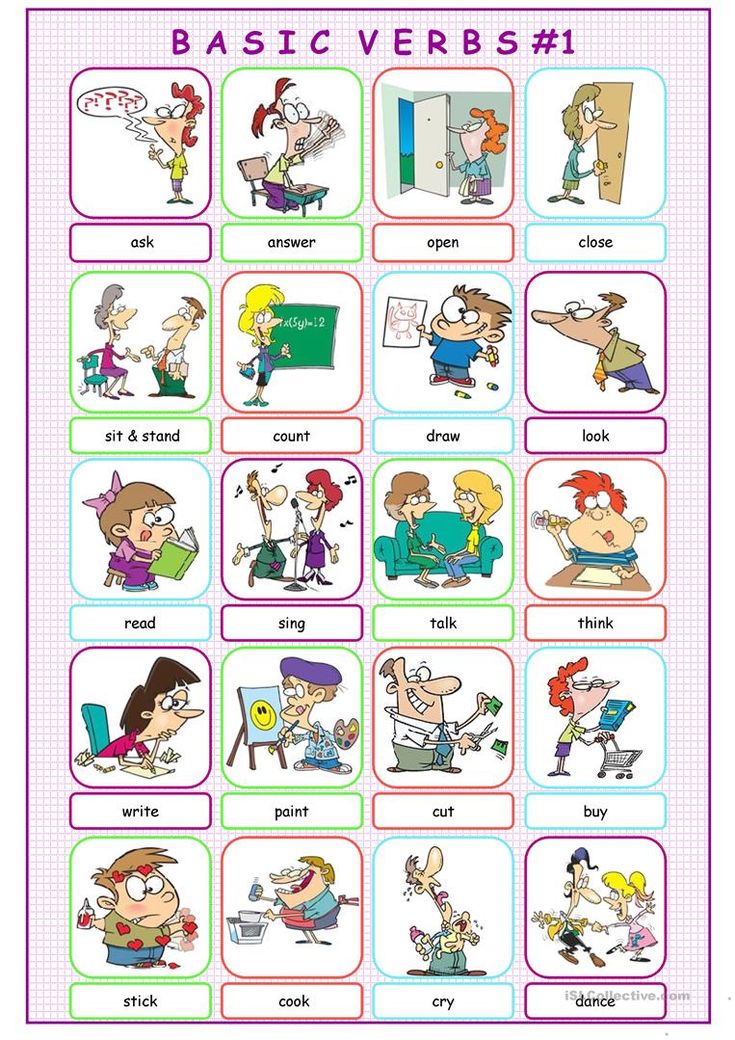
-
Mark (was driving / drove) so fast he didn't notice the truck coming.
-
(Do you think / are you thinking) Mike and Ashley are together? They (held / were holding) hands this whole evening.
English proficiency test
This English proficiency test was compiled by the Skysmart online school tutors. They prepared interesting and relevant tasks on modern topics to make the test both useful and interesting
Meanings of state verbs
In the table we have collected some state verbs, dividing them into semantic groups, and gave examples of sentences with each verb.
| Verb | Translation | Usage example for |
|---|---|---|
| Thoughts and opinions | ||
| to agree | agree | I didn't really like the plan, but I had to agree . |
| to a doubt | doubt | Mom is the only one who never doubted me . “Mom is the only one who never doubted me. |
| to suspect | suspect | She suspected that Tom took her money . She suspected that Tom had stolen her money. |
| feelings and emotions | ||
| to dislike | dislike | I don't understand why your parents dislike me . |
| to prefer | prefer | Ralph prefers doing things his way . Ralph prefers to do things his own way. |
| to wish | wish | I wish you good luck . - Good luck. |
| Senses and perceptions | ||
| to see | see | June saw her sister walking slowly along the beach . |
| to smell | smell | I smelled tangerines and New Year's Eve as soon as I walked in . — I smelled the smell of tangerines and the New Year as soon as I entered. |
| to taste | taste | You can taste a hint of chocolate in these cookies . — This cookie tastes like chocolate. |
| Possession and measure ( possession and measurement ) | ||
| to belong | belong to | This estate belongs to our cousins . |
| to own | have | Jack was the first in the Smith family to own a car . Jack was the first of the Smith family to own a car. |
| to weigh | weigh | This bag of flour weighs three kilograms . This bag of flour weighs three kilograms. |
How many English words do you already know?
Let's define your vocabulary - without complex questions and with the help of smart algorithms.
Verbs that can express both action and state
Now let's think about which group the most frequently used English verb, to be, belongs to?
It seems that the verbs of state: "to be" or "to be" - this is clearly more about statics than about dynamics. But wait, we might as well use to be in continuous tense, for example, to reproach the interlocutor: “ You’re being so rude! " ("You are being so rude!") - or ask a cute cat: " Stop being so cute " ("Stop being so cute"), but the cat is unlikely to stop, of course.
But wait, we might as well use to be in continuous tense, for example, to reproach the interlocutor: “ You’re being so rude! " ("You are being so rude!") - or ask a cute cat: " Stop being so cute " ("Stop being so cute"), but the cat is unlikely to stop, of course.
Here we come to an important point: the same verb can be both static and dynamic, and there are many such verbs. For example, this group includes verbs of sensory perception: to feel (to feel), to taste (taste), to see (see).
When we use such verbs in the sense of passive , involuntary action, as well as something constant , they act as state verbs. But if the same verbs designate an arbitrary or temporary action or state, then they turn into action verbs. And in this sense they can be used in the times of the Continuous group.
And in this sense they can be used in the times of the Continuous group.
Consider the following examples:
-
Speak louder when you talk to my grandma. She can't hear very well . - Speak louder when you talk to my grandmother. She is hard of hearing.
-
I wasn’t hearing very well after the accident, but, luckily, it was only temporary . - After the accident, I began to hear badly, but, fortunately, it was a temporary phenomenon.
In the first case, we are talking about something permanent: grandmother always hears poorly, so the verb to hear . acts as a static one. In the second sentence, the speaker describes a temporary situation, so here to hear is a dynamic verb, and it can be put into the Past Continuous tense.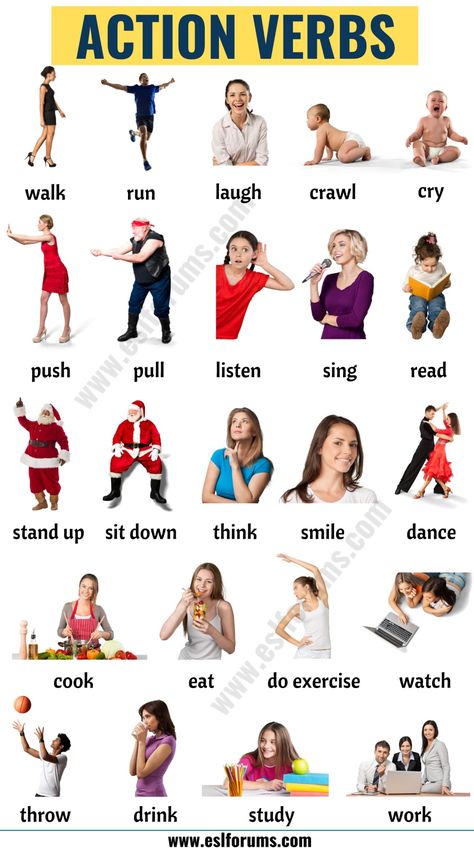
A couple more examples:
In the first sentence, the verb to look is used in the sense of “to look”, that is, it denotes a passive, involuntary action. So here it is a state verb. In the second example, to look expresses an active action - “look”, and this is already a dynamic verb that can be used in the Past Continuous.
Task 2
Decide which verb is used in the following sentences - actions or states, and choose the appropriate tense form - Present Simple or Present Continuous.
-
Don’t worry, we (have / are having) plenty of time to fix this.
-
I can’t stay any longer, I (see / am seeing) my girlfriend in half an hour.
-
Thank you, doctor, Emily (feels / is feeling) better today.
-
This caramel latte (smells / is smelling) so good!
-
I (think / am thinking) gray suits you better than green.
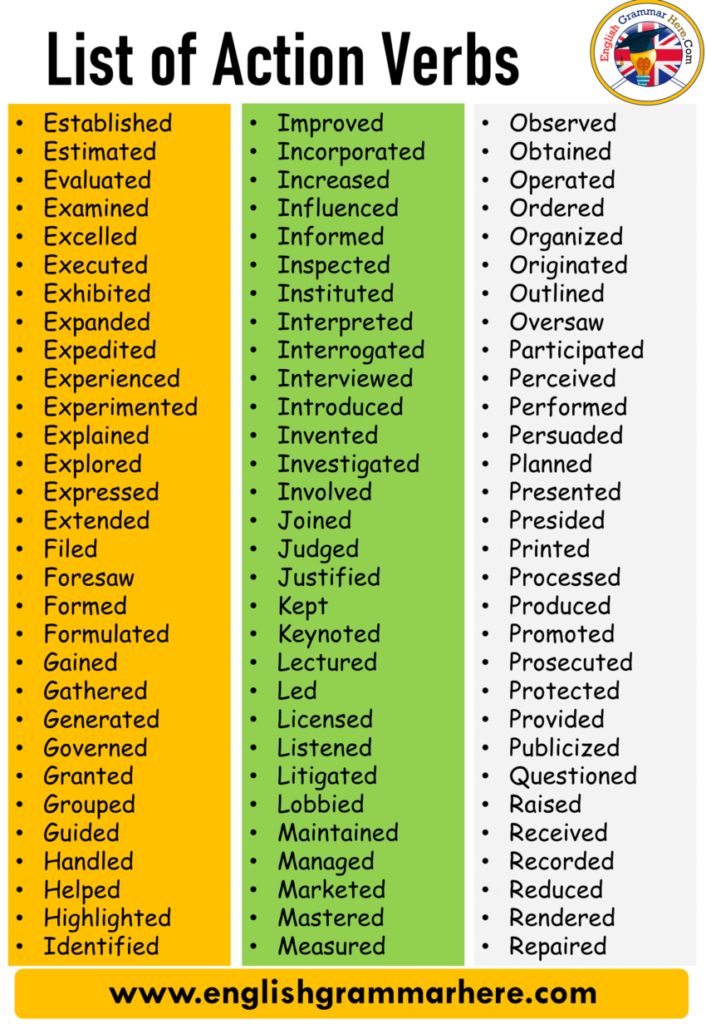
Get even more practice with Skysmart School for Kids and Teens Online English Courses. In our lessons, students speak on topics of interest to them and learn the language in a comfortable and developing environment. Choose a suitable course in the catalog or leave a request, and we will help you decide!
Answers to tasks for self-examination
Task 1
-
Knows.
-
Do you hate.
-
Tastes, doubt.
-
Was driving.
-
Do you think you were holding.
Task 2
-
Have.
-
Am seeing.
-
Is feeling.
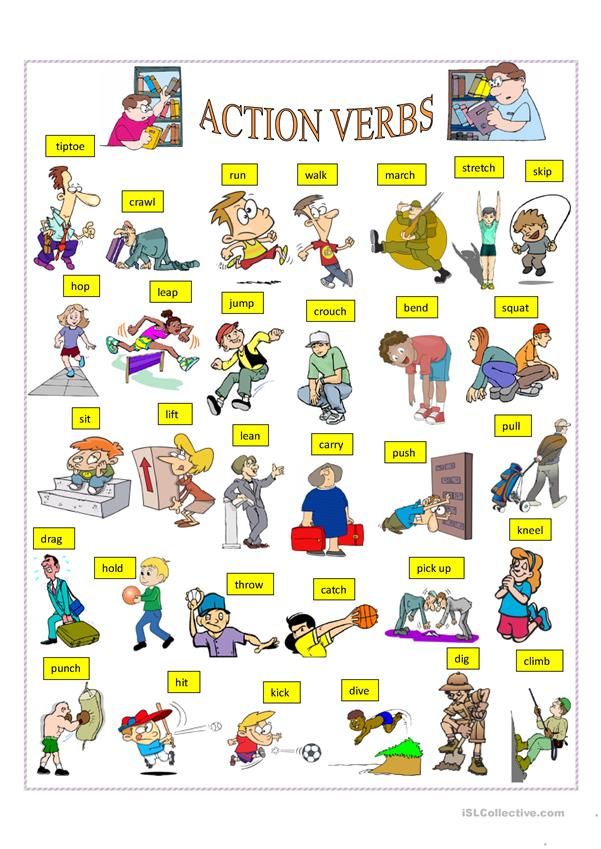
Learn more

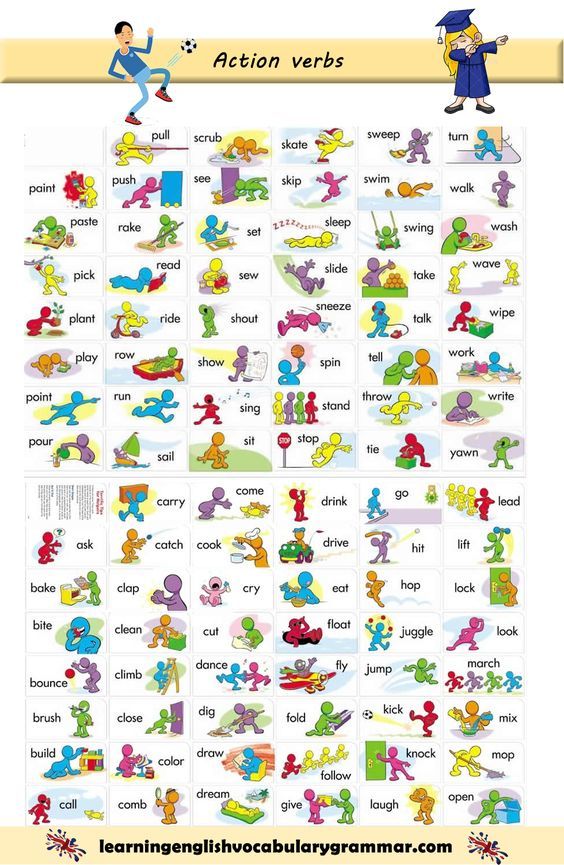 I didn't really like the plan, but I had to agree.
I didn't really like the plan, but I had to agree. 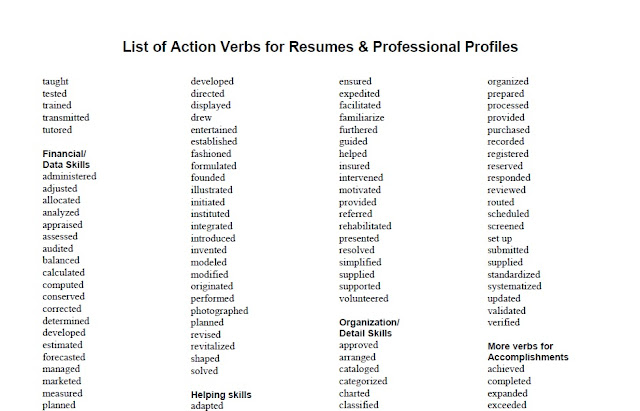 I don't understand why your parents don't like me.
I don't understand why your parents don't like me.  June saw her sister walking slowly along the beach.
June saw her sister walking slowly along the beach.  “This estate belongs to our cousins.
“This estate belongs to our cousins. 